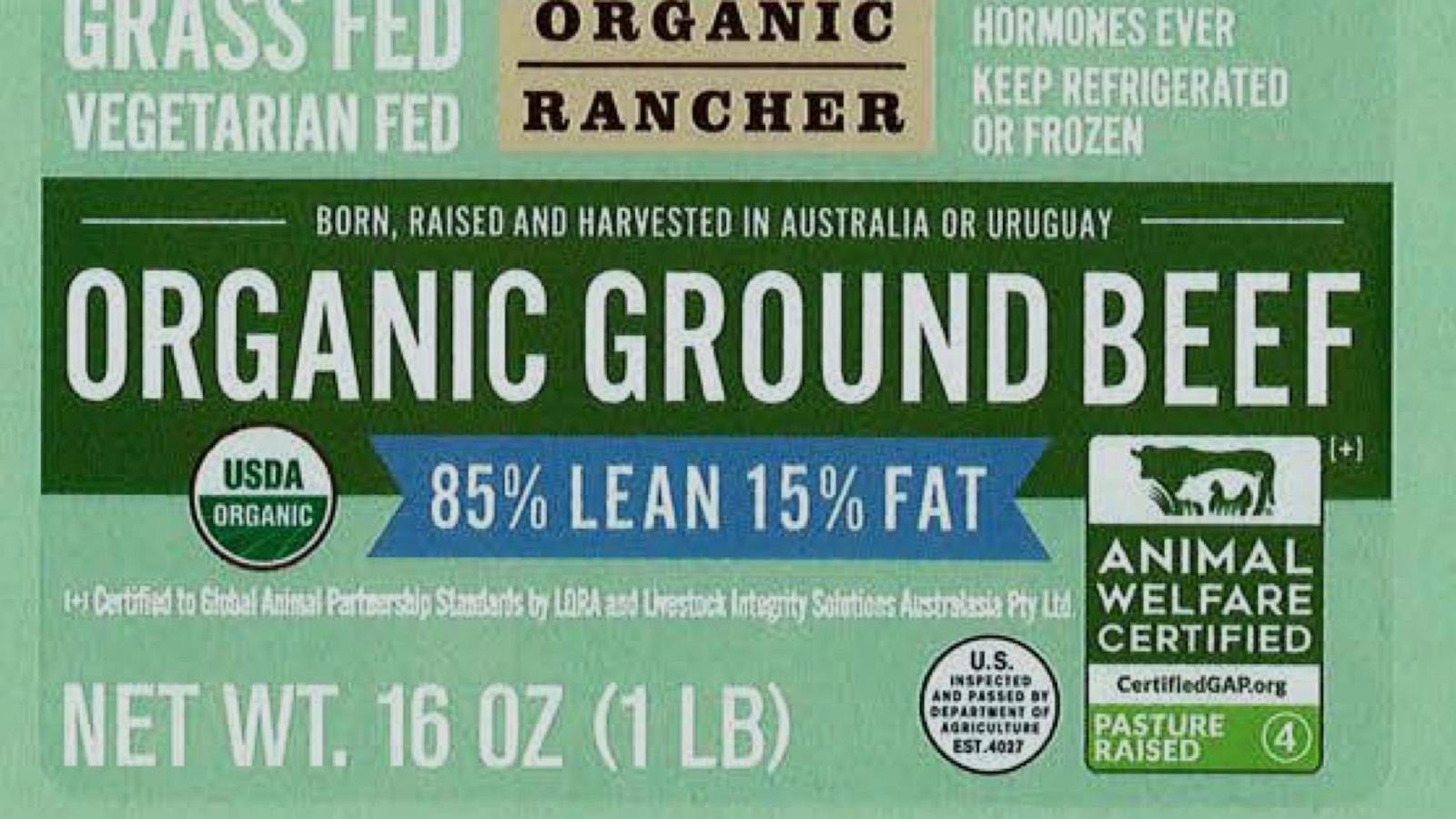Ground beef sold at Whole Foods may be tainted with E. coli, USDA says

A judge upholds hormone therapy for transgender inmates, while an aesthetician creates a welcoming space for trans clients, and a podcast explores medical care for trans youth, highlighting growing support and inclusivity.

All major sources, one page
Feel the mood behind headlines
Know what’s trending, globally
Get summaries. Save time
7,564
152
211
3 hours ago
Get instant summaries, explore trending stories, and dive deeper into the headlines — all in one sleek, noise-free mobile experience.
Stay sharp in 60 seconds. Get concise summaries of today’s biggest stories — markets, tech, sports, and more
All major sources, one page
Feel the mood behind headlines
Know what’s trending, globally
Get summaries. Save time
7,564
152
211
3 hours ago
Get instant summaries, explore trending stories, and dive deeper into the headlines — all in one sleek, noise-free mobile experience.
Stay sharp in 60 seconds. Get concise summaries of today’s biggest stories — markets, tech, sports, and more